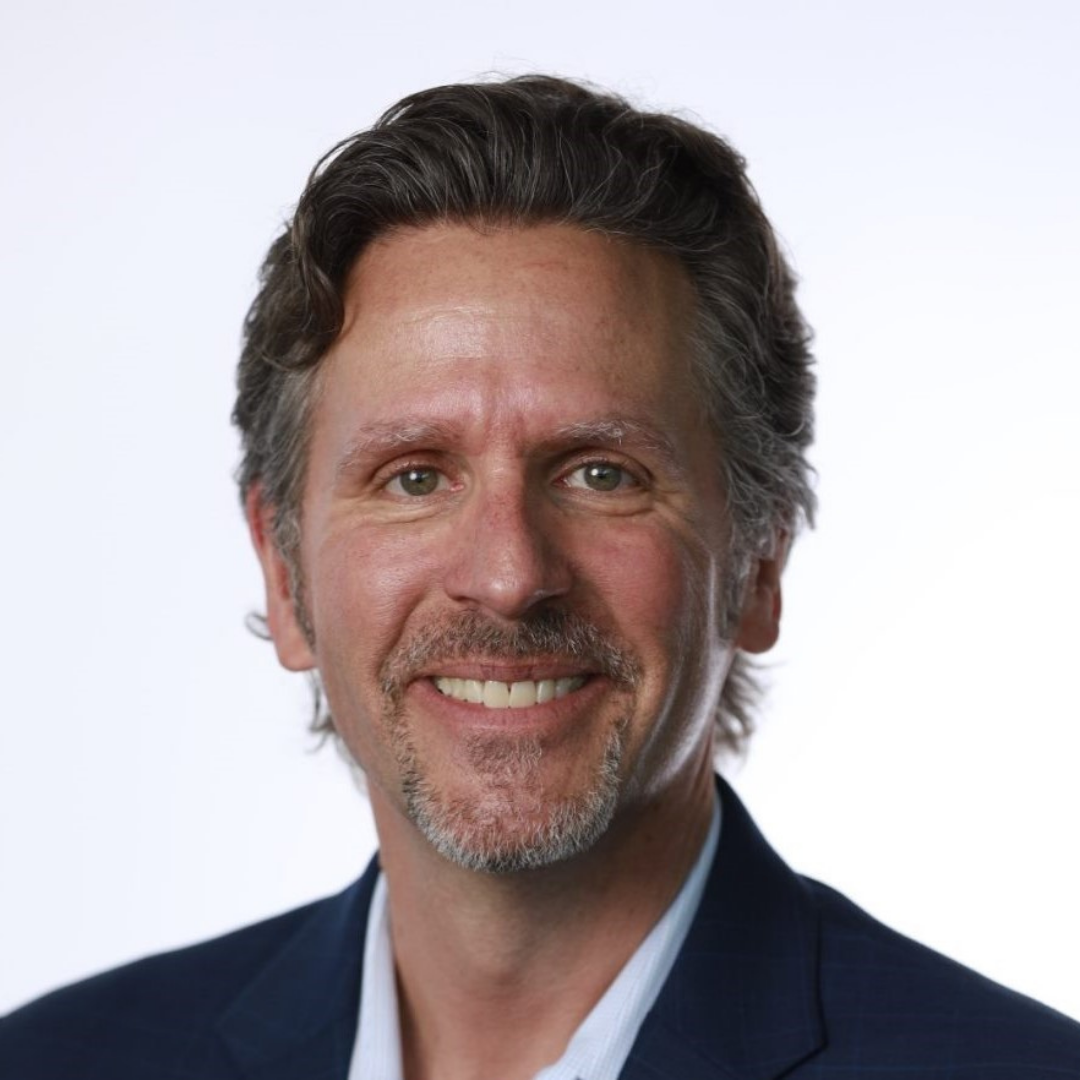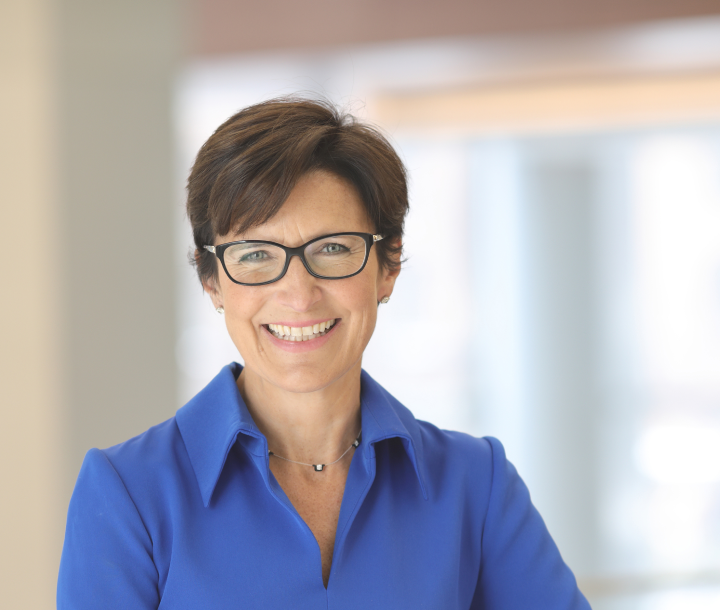
Corporate Real Estate execs are rethinking the role of the workplace
The future of work has arrived. Here’s how to make it work for you.
Senior executives of all stripes were deeply affected by the global pandemic. But one role that was dramatically altered by Covid and its aftermath was Corporate Real Estate (CRE). Since March of 2020, CRE executives have had to scramble to prepare traditional corporate offices for the return to work – while also working intensely with their peers to imagine what that post-pandemic workplace will actually consist of.
The verdict is out on how CRE execs will rethink their real estate portfolios. Which is why LiquidSpace CEO and host of the Flexible Office Economy podcast Mark Gilbreath, called on Robert Teed, Vice President of Corporate Services for ServiceNow.
Robert, known for his thoughtful and sometimes provocative takes on the future of the workplace, weighed in on his evolving view of the role of workplace in supporting employees and building company culture. Below are some outtakes from his conversation with Mark. If you like what you see, be sure to listen to the entire podcast!
What did we learn from the pandemic?
“One of the big learnings is that we may have misunderstood the role the physical workplace plays in the employee experience and productivity and engagement.”
“There was a bit of an understanding pre-covid that everything happened in the company workplace and that culture was so fragile that it couldn’t exist outside the company workplace and that productivity and collaboration were exclusive to the company offices. And then March 2020 happens and all those myths get exploded.”
“The role that the physical company place has played historically – I think we’ve demystified some of that. If that wasn’t somewhat true, then the world would have come to a screeching halt when we all went to work from the safety of our home.”
“One of the key learnings is that culture, productivity and collaboration – those can happen in many different formats and forums. They’re not exclusive to the company workplace.”
What’s the future of the CRE portfolio?
“There’s still a lot to figure out. We don’t know what employee behaviors are going to be yet, so before we make drastic proclamations about real estate and portfolio, we need to really understand what behaviors are going to show up.”
“I do think it’s very likely that the traditional CRE portfolios we’ve all held are going to look quite different. I think there will be a lot less company-held real estate over time and there will be a lot more flexibility built into the system. A lot more use of the flex office concept.”
“It doesn’t mean the overall portfolios are going to disappear. I don’t think they’re going to shrink as much as some are predicting. But I do think it’s sort of a reset, a resizing and a rethinking of how people think about footprint.”
What is your view on the hybrid workplace?
“The premise I’ve been embracing is that the power to choose where the knowledge worker works has shifted from my employer to me.”
“We don’t want to control where they’re working but we’ll need to know where they're working.”
“We’re going to need to create really strong technology, systems, tools, platform – however you want to look at it – that helps employees choose where they work, tell their colleagues where they work and create lots of opportunities for employees to collaborate regardless of where they’re working. That’s where technology can fill in.”
“It’s all about people. I think you’ll see a lot of People and Places organizations come together and become more prominent. I think you’ll see the role that I hold become more people oriented, which will be a stretch for a lot of legacy Corporate Real Estate execs, who’ve always viewed their “customer” as the portfolio that they manage but not the people in it.”
How will company culture evolve?
“You’ve got to think about culture differently. It’s not just something physical. It’s experiential. It’s something people feel. It’s a sense of belonging. It’s a lot of the emotional attachment that folks have.”
“Pre-covid, we were all control freaks. Part of that was the myth of culture – that culture could only be delivered through these physical environments, so you needed to be clear that you were in the “box” of ServiceNow or XYZ company. I think we’ve exploded the myth that the culture is so fragile that it just can’t exist outside the company workplace.”
What role will flexible offices play?
“I think (hybrid work) accelerates the flexible office. We need to take the workplace to where people are, not take people to where the workplace is. And that creates this huge opportunity for flexible office products.”
“It’s going to create an opportunity for lots of operators. It’s going to test a lot of different models. And ultimately that market has to exist.”
“Pre-pandemic, there were some emerging players who were trying to offer those solutions but they were offering them in the big cities and the big metros but not in the suburbs. The shift there is that we need to have a supply chain of workplace that will be in all types of markets.”
“(There is) a great opportunity for players to create flex product in small pockets in the suburbs. I think it does require a marketplace, a platform, where I can buy that product easily – or not even me, but my customers.”
“We’re no longer going to pick up the phone and call one operator. We’re going to want to have access to many many different operators, and operate from a position of standards and guidelines for what you require, not brand.”
“We have to take an approach where we’re really clear about what kind of experience we want employees to have in those workplaces. That may be as basic as security and safety, access to amenities and certainly network security and things like that. There needs to be clarity on what those first-order needs are. And then above that, I think we should let go and really let choice happen.”
Ready to continue your journey?
There are two great ways to do it.
Ready to continue your journey?
There are two great ways to do it.






